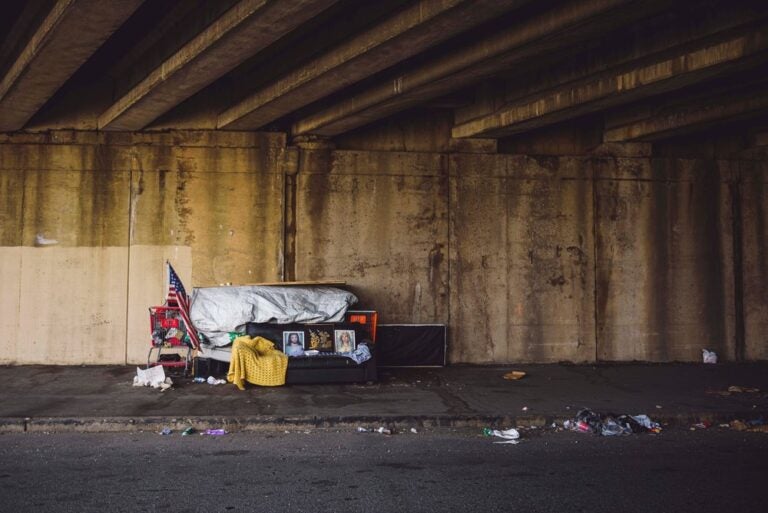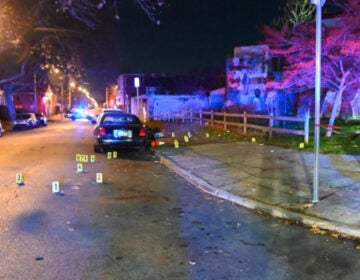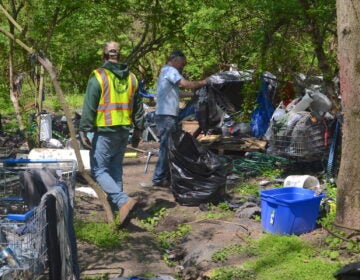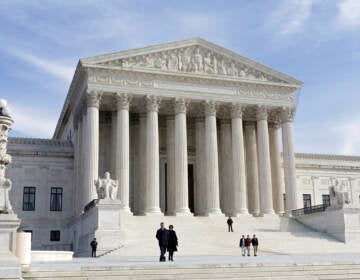Can Homelessness Be Criminalized?, A Preview of Philadelphia’s Festival Season
An upcoming Supreme Court case could determine whether people have the right to sleep on the streets or if homelessness could be criminalized.
Listen 44:56
An upcoming Supreme Court case could have enormous repercussions for the unhoused and for cities tackling the problem to find shelter for people experiencing houselessness.
The Supreme Court hears oral arguments on one of the most significant cases about homelessness next week. At issue in Grants Pass v. Johnson is whether local authorities can enforce laws prohibiting people from sleeping and camping in public spaces. As the number of unhoused people continues to grow, cities and towns have been struggling with tent encampments. A previous decision ruled that you can’t prosecute people for sleeping on public property when there’s no shelter available, saying it violates the 8th Amendment which prohibits cruel and unusual punishment. But the city of Grants Pass, Oregon is now testing that ruling.
Today we’ll look at whether people can be punished for sleeping outside, the legal arguments on both sides, and what a decision could mean for the unhoused. We start out discussing how Philadelphia is addressing homelessness with Dave Holloman, interim director of the Office of Homeless Services. Then we turn to the Supreme Court case. We’re joined by Eric Tars, legal director of the National Homelessness Law Center, which is supporting plaintiffs’ attorneys in the Grants Pass case, Michael Mannheimer, a law professor at the University of Northern Kentucky who wrote a brief supporting the petitioners, and Candice Player, Vice President of advocacy, public policy and street outreach for Project Home.
Festival season is in full swing and with warmer weather ahead, the Greater Philadelphia Area is preparing for musicians great and small. We talk to Tonya Pendleton about the festivals that made it, the ones who are no longer there, and the newcomers.
WHYY is your source for fact-based, in-depth journalism and information. As a nonprofit organization, we rely on financial support from readers like you. Please give today.






